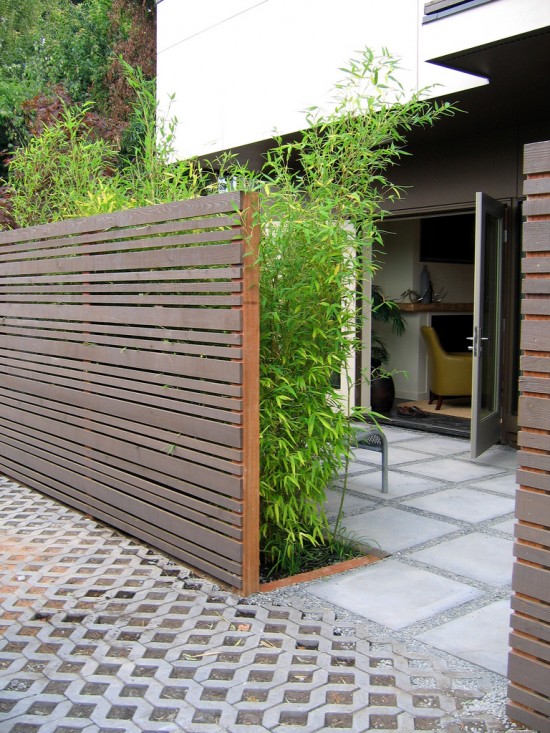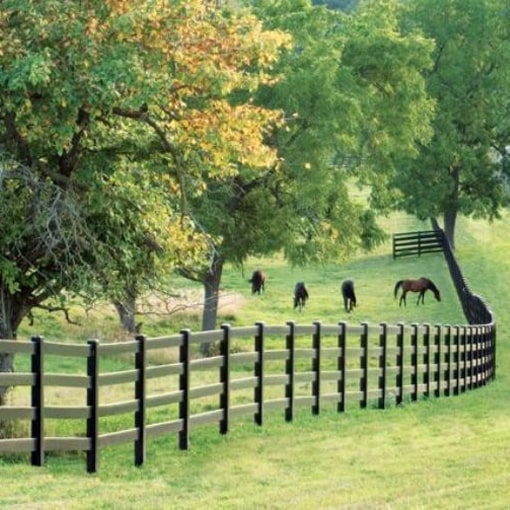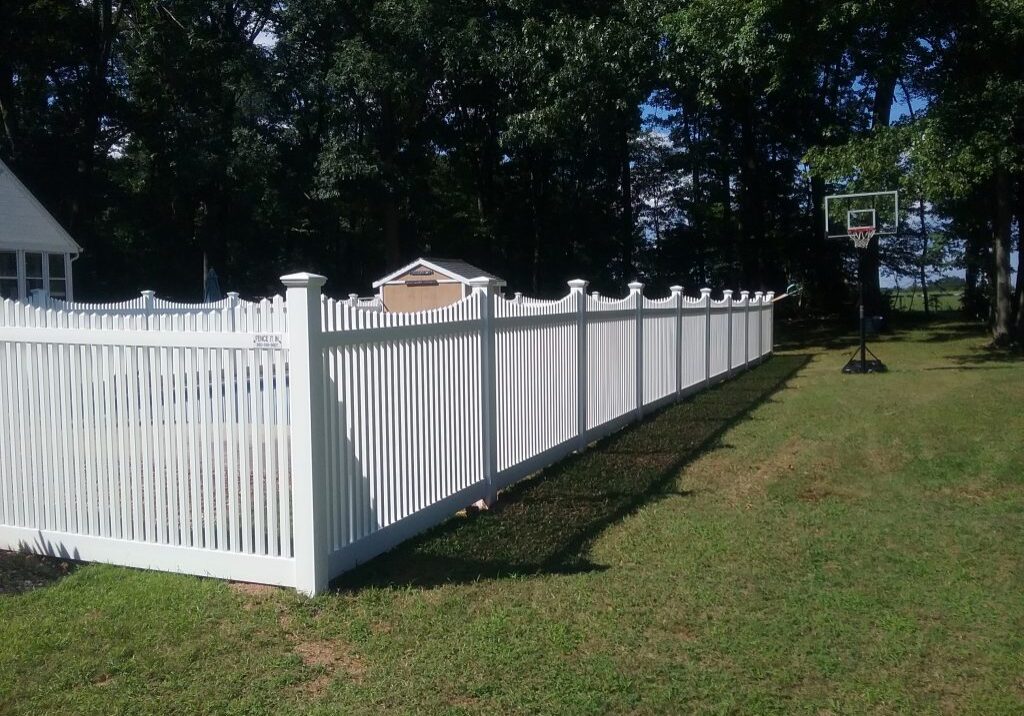All Categories
Featured

Selecting the right fencing product is necessary for achieving the equilibrium of sturdiness, appearances, and capability that matches your building. Wood, vinyl, and light weight aluminum are popular selections, each with special functions that provide to certain needs. Right here's a comprehensive take a look at the benefits and disadvantages of these three products.
Wood Fencing. Pros:. Timeless Allure: Timber offers an all-natural, timeless appearance that complements various building styles. Adjustable: It can be painted or discolored in a variety of shades and layouts. Economical: Wood fences are typically more affordable upfront than vinyl or aluminum. Eco-Friendly: As a renewable energy, timber is naturally degradable and sustainable when sourced properly. Cons:. Maintenance-Intensive: Requires routine discoloration, paint, or securing to shield versus weather condition and insects. Shorter Life-span: Depending upon the kind of timber and climate, it usually lasts 10-15 years. Susceptability to Damage: Prone to rotting, warping, and termite damage without appropriate treatment. Timber is suitable for property owners that value visual appeals and are willing to spend time and initiative in upkeep to prolong its life.
Vinyl Fencing. Pros:. Durable: Resistant to bugs, rot, and weather, vinyl keeps its framework in rough conditions. Reduced Upkeep: Requires little upkeep past periodic cleaning. Long Lifespan: Vinyl can last 20-30 years without substantial wear or damage. Versatile Styles: Readily available in numerous shades, appearances, and styles, including choices that mimic timber. Disadvantages:. Costly Installment: Vinyl fencings are more costly to mount compared to wood. Breakable in Cold Weather condition: Plastic can fracture in extreme cold environments. Hard to Repair: If damaged, whole sections might need replacement, which can be testing to match. Plastic fence is a fantastic choice for those prioritizing longevity and minimal maintenance, also if it features a greater in advance cost.

Aluminum Secure Fencing. Pros:. Rust-Resistant: Light weight aluminum does not corrosion, making it suitable for moist or damp locations. Light-weight however Strong: Offers strength without being extremely hefty, which streamlines setup. Low Maintenance: Requires little bit even more than cleansing and periodic repainting. Long life: Aluminum fences can last for years without substantial deterioration. Sophisticated Designs: Commonly made use of for ornamental objectives, light weight aluminum adds refinement to any kind of residential property. Disadvantages:. High Preliminary Expense: Light weight aluminum fences are amongst the a lot more expensive options. Restricted Personal privacy: Usually designed with open rooms, they don't obstruct views or sound. Susceptible to Damages: While tough, light weight aluminum can be dented or bent with heavy influence. Aluminum is ideal fit for those that desire a long-lasting, elegant fencing and don't need total personal privacy.
Making the Right Choice. Each material has its strengths and weak points:

Wood is perfect for conventional looks and eco-conscious buyers that don't mind maintenance. Plastic helps home owners looking for a weather-resistant, low-maintenance solution. Light weight aluminum is a durable, decorative option for those who want style and long life. Consider your priorities-- whether it's price, personal privacy, appearance, or upkeep-- and consult a secure fencing professional to select the material that best satisfies your requirements. A well-selected fence will certainly improve your building for several years ahead.
Latest Posts
Choosing the Right Roof Shade: Influence on Energy Effectiveness
Published May 08, 25
1 min read
Crafting a Winning Advertising Technique with Full Circle Strategic Marketing
Published May 08, 25
1 min read
Discover WyHy FCU – Trusted Financial Solutions for Your Future
Published May 08, 25
1 min read
More
Latest Posts
Choosing the Right Roof Shade: Influence on Energy Effectiveness
Published May 08, 25
1 min read
Crafting a Winning Advertising Technique with Full Circle Strategic Marketing
Published May 08, 25
1 min read
Discover WyHy FCU – Trusted Financial Solutions for Your Future
Published May 08, 25
1 min read